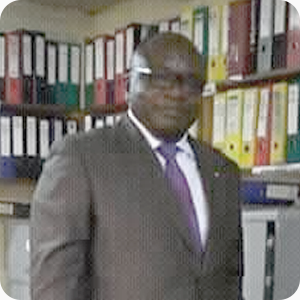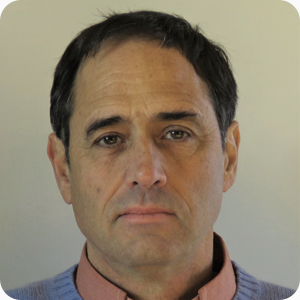“Freedom or uncertainty?” “Better work-life balance or fewer monetary benefits?” “More flexibility or less time to adapt?”. These are just some of the questions people ask themselves when considering becoming a consultant in the international development sector. While determining if consulting is right for you, it is important to consider the benefits and challenges associated with this. In this article, we provide some pros and cons of working as a consultant, collected straight from the source.
Key Takeaways:
- International consultants work mostly on deliverables in development projects, contributing their expertise, skills, and dedication.
- Among the greatest benefits of being a consultant, experts mention more flexibility, independence, higher income, and short-term travel.
- The challenges entail unstable income, the need to constantly adapt to changing environments, and paying taxes and investing in retirement plans yourself.
DevelopmentAid: What are the greatest benefits and challenges of being a consultant?

“The benefits of being a consultant are:
- Greater earning potential and the ability to take on different jobs
- Local and international travel experience
- Good networking and interaction with other staff and individuals within a multiple cultural context
- Flexible working schedule with the possibility of interacting with the client using a combination of virtual and/or onsite approach
- Independence, especially when a consultant is hired by the donor to provide technical assistance to an entity.
Challenges:
- The need to be a fast learner and adapt to the client’s business
- Working longer hours to meet deadlines and agreed deliverables
- Learning new skills to better fit client requirements
- Steadily earning new certifications to remain competent
- Purchasing of own computer, valid software licences, and other logistics
- Availability at very short notice (either virtually or in-person)
- Constantly looking for new assignments
- Pressure of retirement planning”

“Benefits:
- Flexibility, participating in different projects, working with various organizations, in different countries and sectors
- You can call yourself a ‘consultant’, no title needed
- Easy for your family: you travel from time to time abroad – it’s not necessary to move the family
Challenges:
- Usually, very difficult to really be able to add value
- Loneliness
- Unstable income
- Strong competition from new consultants
- Learn and work at the same time”
DevelopmentAid: Are there any social benefits of being a consultant?

“Making social contributions is not compulsory. The consultant could decide to make voluntary contributions to a social scheme and eventually get the benefits when they arise.”

“You do not get any, as far as I know.”
DevelopmentAid: Do you pay tax as an individual after the completion of projects or do you have to register as an entrepreneur?

“Taxes are calculated based on one’s revenue. A percentage of the income is paid to tax authorities. You could decide to register as an individual or as an entrepreneur.”

“It depends on each country, you can always act as a ‘freelance’ professional. However, you do have to pay taxes according to each country. VAT is excluded if your client is a foreigner.”
DevelopmentAid: How is your pension accumulated if you only act as a consultant?

- “The consultant would be expected to make voluntary contributions to the social authority (over a defined period) to qualify for a pension.
- Make investments that can yield returns during the active and retirement life of the consultant. ”

“It depends on each country. There is always a way to pay for your retirement.”
DevelopmentAid: Why did you choose to take consultancy positions instead of permanent jobs?

- “Greater earning potential and ability to take on assignments in parallel
- Local and international travel experience
- Good networking and interaction with other staff and individuals within a multiple cultural context
- Flexible working schedule, with the possibility of interacting with the client using a combination of virtual and/or onsite approach
- Independence, especially when consultant is hired by the donor to provide technical assistance to an entity;
- Good retirement planning.”

“More learning, flexibility, variety… and, at a certain age, you don’t have many other opportunities.”
DevelopmentAid: What advice can you give to those who want to become consultants in the international development sector?

“You have to accumulate a lot of experience in different fields before becoming a consultant. A Master’s degree helps, but this is not enough at all.
- Always keep on learning
- Be very humble, ask for help, always listen and to everyone
- Learn from others, read a lot, but don’t apply standard solutions, be creative
- Don’t tell the client what the client already knows. Add value, provide new insights… it’s never easy, each situation is different.
Income is very unstable during the year. If you need a regular income, this is not your place. Try to have different specialties, the market changes a lot. Of course, one should possess different languages, apart from English… Be fair with your prices. Remember – this is the development sector, not a place to earn big money with little effort; you have to work very hard.”
If you are also an expert looking for more flexibility, to participate in different projects, and to make your contribution to the international development sector, with a DevelopmentAid Membership you can choose from among 190,000 hundreds of tenders for individuals. You can also filter over 9,000 job opportunities and find short-term assignments. If you need more support, don’t hesitate to reach out to one of our Career Advisors.

